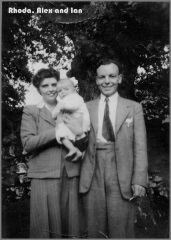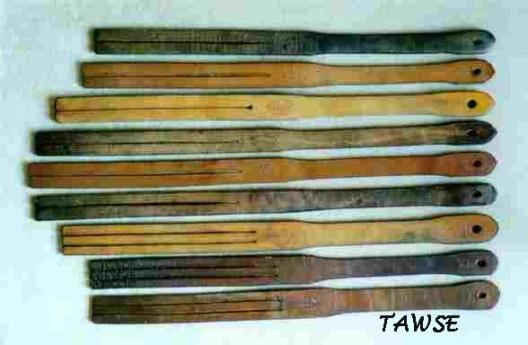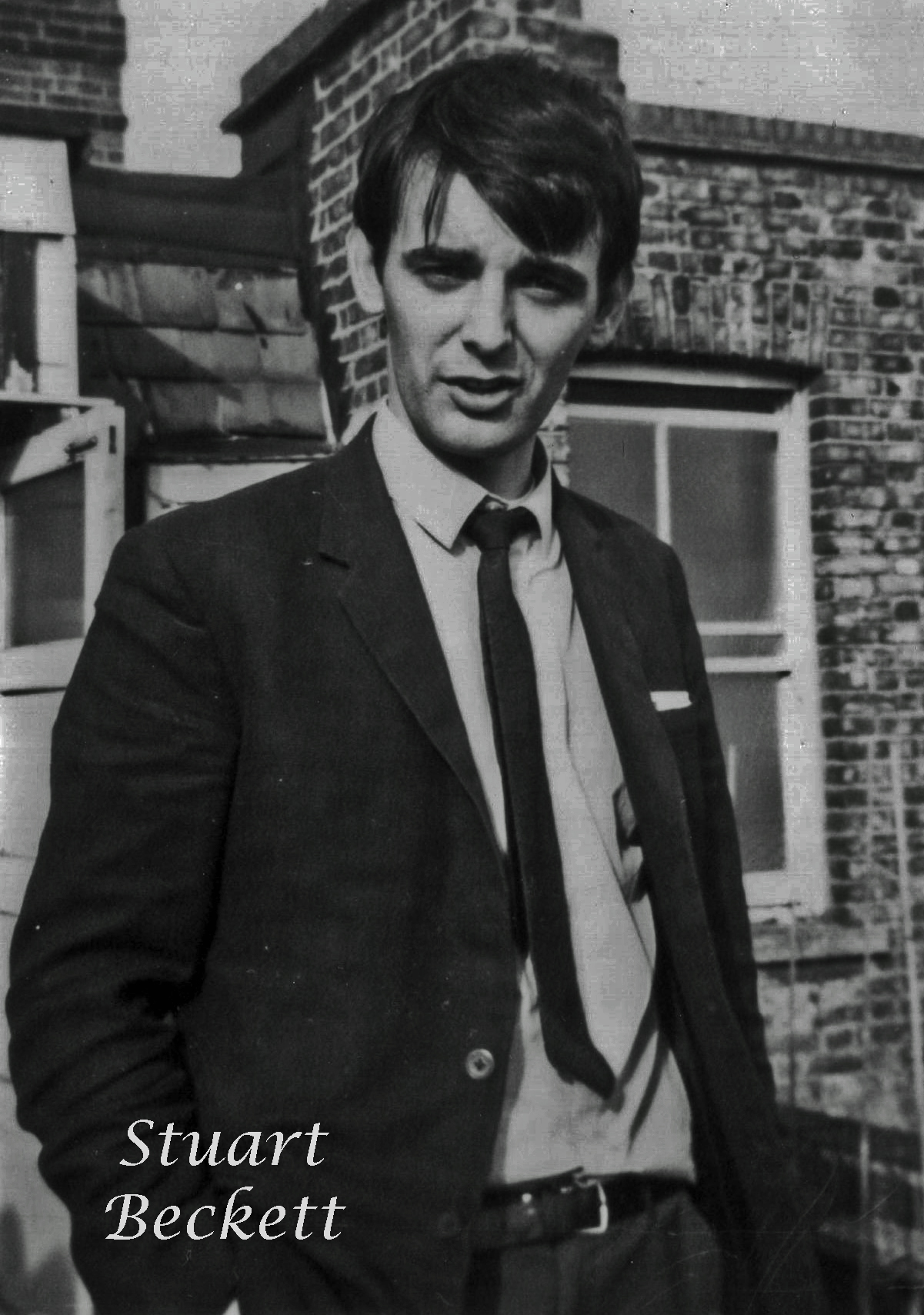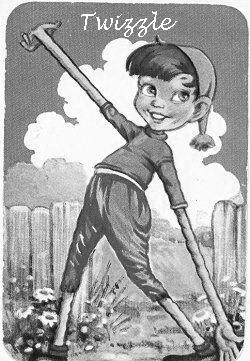Even with social mechanisms, such as the educational system, that hinder upward social mobility, there were still ways to move upwards in the social hierarchy. Although members of the upper classes rarely married members of the lower classes, there was nevertheless a degree of social classes’ intermarriages. Working class women, instead of waiting for the socialist utopia to arrive, wanted to ameliorate their ‘problems’ in the here and now.
To quote the renowned economist J. M. Keynes, “In the long run we are all dead”;292 that is, long term prognoses put forward by theorists, such as Karl Marx, are of little interest to people who want to ‘fix’ their lives in the present.
I use the terms ‘poorer classes’, ‘working classes’, ‘peasant classes’, ‘middle classes’, and ‘upper classes’ loosely here. I cannot start to turn these ‘Recollections’ into a tedious survey with tedious definitions of the various social classes. Theorists all seem to have adopted their own ‘correct’ definitions and systems, but most people have a common sense of understanding of what is meant by ‘working class’, ‘middle class’, and ‘upper class’. But just as additional description, I’d like to describe the peasant class a bit.
Peasants
Below the ‘working class’ is the peasant class. They are the crofters and cottars who are only one step above being a serf. During the nineteenth century in Scotland, they had few rights and could arbitrarily be ejected from the land of their forefathers by capricious landlords. In other words, my mother’s mother Morag was the daughter of a crofter or a ‘peasant’.
The definition of ‘peasant’ is interesting here. In some European countries the word ‘peasant’ has positive connotations, as it is associated with political movements of liberation, such as in France and Norway. In Norway, the word ‘bonde’ (peasant) is associated with a democratic movement (1814).
However, in the English language the word ‘peasant’ has negative connotations, for example, the Cambridge dictionary gives the following definition, “a person who is not well educated or is rude and does not behave well.”291
Moving up the Hierarchy
One easy solution to improve one’s life for a woman was to marry a man from a higher class. Often it was an advantage if you had the looks to attract a mate. In this context, my grandmother Morag, moved upwards from the class of peasants to the working class / class of artisans. My mother, Rhoda, moved up from the working class to the middle class when she married my father Alexander Whitecross Harkness.
Thus, in two generations, the women descended from the crofter, Roderick Campbell, used their looks and intelligence to move up two steps in the social hierarchy. They moved from the peasant class to the working class, and then to the middle class. Of course, they couldn’t match the achievement of Mary Anne MacLeod who advanced ‘directly to Go’, that is she advanced from the lowest to the highest social class.293
To give the full picture, I will be discussing their stories below.
Hector and Morag
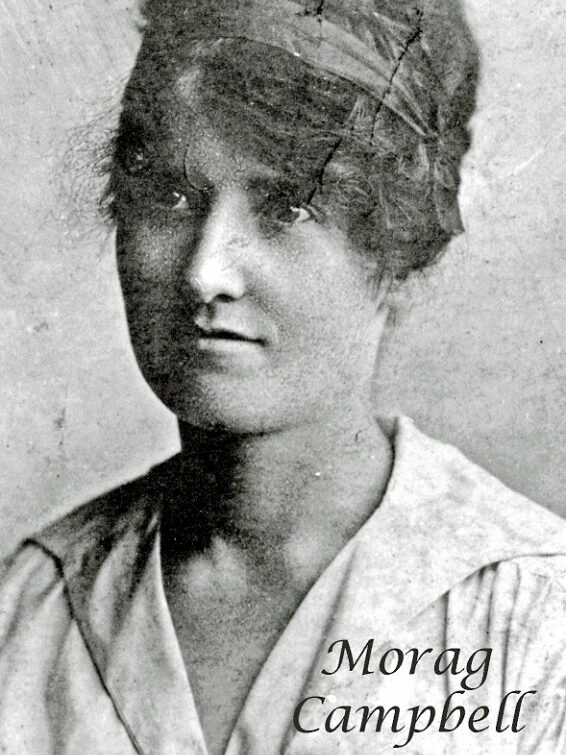
Having said this, there is no clear cut delineation of classes. There is simply no clear cut dividing lines. For instance, my maternal grandfather Hector MacGillivray came from a family of upper working class/lower middle class artisans. He was definitely solid working class himself.
My maternal grandmother, Morag Campbell, born on Eigg in the Western Isles of Scotland. Perhaps, she also attempted to climb up the social ladder by marrying into a family of artisans on the mainland in Acharacle (the MacGillivrays).
Unfortunately, her husband, Hector, had little ambition and was quite happy living in the slums of Glasgow and working as a spirit salesman for J. G. MacMillan, Vulcan Street, Springburn. In other words, it is often women who can quickly climb the social ladder in the game of social class ‘snakes and ladders’.
My Father and His Lineage
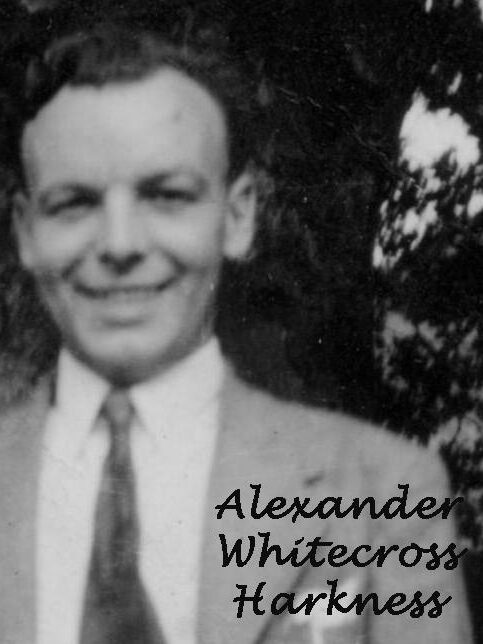

My father came from a long line of artisans and professionals. However, this didn’t mean that families or members of families never experienced hardship. For instance, his maternal great grandfather, John Duff Hume, died a pauper in St. Cuthbert’s Poorhouse in 1879 at the age of 62. This was despite being the son of an artisan. His father was the shoemaker, John Hume254). On the other hand, my father’s second cousin was the renowned Olympian diver and swimmer Sir Peter Heatly.
My descriptions here are often black and white, whereas, in reality, the picture is much more nuanced and grey. Having said this, my mother definitely took a step socially upwards in marrying my father, who owned his own house in Chesser Loan, Edinburgh. Peasants and working class people very rarely owned land or property.
Bonnie lassies from the Western Isles of Scotland
Mary Anne MacLeod

Other women of the peasant classes in the Western Isles were more successful in their social climbing through social class intermarriage. One such woman was Mary Anne MacLeod, born on Lewis, a neighbouring island to Eigg, and the youngest of ten children to Malcolm and Mary MacLeod. As mentioned, these serfs had few rights, and members of her extended family were thrown off their land, which they had farmed for generations, because the ‘laird’ wished to use it as a game reserve. The living conditions of these families were often “indescribably filthy” and austere.255
In order to escape living the life of a ‘filthy’ peasant, Mary bought a boat ticket for America. Hardly speaking any English, a poor immigrant, she had only two assets, her looks and her intelligence. With these ‘weapons’, she hunted down the rich real-estate developer Fred Trump whom she married. She later gave birth to Donald Trump the 45th President of the United States who, ironically, waged a war against poor immigrants like his mother who did not have English as their mother tongue.256
My Mother, Rhoda
Donald, like my mother Rhoda, hated his own family roots – in one sense they are both ‘working class Uncle Toms’,257 traitors to their class roots. My mother often used to say that my brother Alistair, who was the least favoured of her sons, resembled her father Hector, who, as mentioned, was ‘unambitious’, and happy to work as a barman most of his life.
The fact that my mother loathed the working class is also ironic due to the fact that she had working class roots. She was born in Govan, Glasgow, neighbouring the Gorbals, one of Europe’s worst twentieth-century slums.
Along with other things Scottish, my mother had romantic notions about the MacGillivrays, perhaps rightly so. My cousin Iain MacGillivray, who has researched the family roots, has traced the family back to the valiant and brave MacGillivarys who led the Scots to defeat against the hated English at Culloden in 1745.258259 In other words, her father Hector MacGillivray did not fit into these romantic notions that my mother had. She also used to say that her father had a mild character and was non-confrontational.
My Mother’s Disappointments
When talking to my mother one often had to ‘read between the lines’. First of all, she was perhaps disappointed that her father was not more ambitious like his father John MacGillivray who lived in Acharacle, Lochaber, Western Scotland, and was a master stonemason, building many houses in the area.
Secondly, the fact that she said her father was a ‘mild’ character was perhaps due to the fact that he didn’t confront his wife Morag over a rumoured260 extra-marital affair with the lodger, Abram (Abbie) Brown.261 So, although my mother seemed to like her father, it seems she didn’t have much respect for him.
My brother Alistair also had limited ambitions and was of a non-confrontational, although stubborn, character. The fact that Alistair ended up in the ‘working class’ was a question of a self-fulfilling prophecy; that is, my mother was in part the architect behind his education and career; but she also disliked him even more for what she had ‘created’.
Alistair was always the ‘last in line’ in her mind. In other words, she followed the teaching of the Bible, “Whoever Has Will Be given More.”290 There is a great irony here. Capitalism was ‘invented’ in the seventeenth century, but has perhaps always existed – that is, the rich become richer and the poor become poorer.
But all these thoughts are ‘thoughts in retrospect’, as this was something I didn’t think about at all when I was 12 years old. In fact, by the time I was 12 years old, Alistair had started to attend technical college in Bolton.
I talk more about how Alistair’s ambitions (or limitedness of it) on this post: Education and Class Divide in Post-War Britain.
254 See www.Scotlandspeople.gov.uk
255 https://en.wikipedia.org/wiki/Mary_Anne_MacLeod_Trump Read: 24 November 2021.
256 https://morningconsult.com/opinions/while-trump-wages-war-on-immigrants-immigrants-wage-war-on-coronavirus/ Read 25 March 2022.
257 ‘Uncle Tom’, a person regarded as betraying their cultural or social allegiance.
258 http://www.clanmacgillivray.net/culloden.html Read: 25 November 2021
259 See appendix for family tree.
260 Conversation with my younger brother Gavin who ‘knew’ my mother better than me.
261 It remains to be determined whether this relationship resulted in children. If this was the case, then they would bear his name ‘Brown’.
290 Matthew 25:29.
293 Mary Anne MacLeod, the daughter of a Scottish peasant, married the real-estate developer Fred Trump, and later gave birth to the former American president, Donald Trump. Thus, she moved from the bottom to the top of the social ladder in one move – something that was perhaps possible in the US, but not in class-wracked Britain.
Analogies here are the board games “Monopoly” and “Snakes and Ladders” – that is, she was lucky when she threw her dice, ‘advancing directly to Go’ (Monopoly), or ending up on a square with a ladder that took her directly to the top (‘Snakes and Ladders’).
